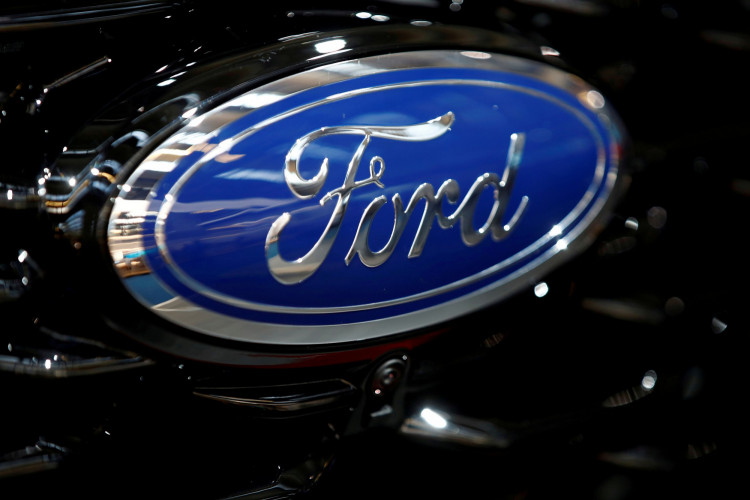Ford Motor Company is making significant adjustments to its electric vehicle (EV) strategy, reflecting a shift in its approach as the U.S. market for EVs develops at a different pace than initially expected. The automaker announced on Wednesday that it will delay the production of its next-generation all-electric pickup truck at a new plant in Tennessee and scrap plans for a three-row electric SUV. Instead, Ford will focus on expanding its lineup of hybrid vehicles and enhancing its electric commercial offerings, including the launch of a new electric van anticipated in 2026.
This strategic shift comes as Ford reassesses its position in a highly competitive EV market, where consumer demand has been tempered by concerns over vehicle cost and driving range. John Lawler, Ford's Chief Financial Officer and Vice Chair, outlined the company's new direction during a press call, emphasizing a focus on areas where Ford has a clear competitive edge. "We've seen where consumer interest is heading, and we're aligning our strategy to focus on areas where we have a strong market advantage, particularly in commercial vehicles and trucks," Lawler explained.
The move is expected to have immediate financial repercussions for Ford. The company will take a non-cash charge of approximately $400 million due to the cancellation of the three-row SUV project and the associated manufacturing investments. Moreover, the strategic pivot could result in additional costs and cash outflows of up to $1.5 billion, which will be recorded as special items in the financial quarter when they occur.
As part of the revised strategy, Ford is also reducing the proportion of its capital expenditures dedicated to all-electric vehicles. Initially, the company planned to allocate 40% of its capital expenditures to EVs, but this figure has now been trimmed to 30%. Although Lawler did not specify a timeline for this adjustment, he highlighted that future investments will prioritize enhancing profitability within Ford's EV business.
Ford's decision to delay and cancel key EV initiatives underscores the broader challenges faced by the auto industry in scaling up electric vehicle production. While models like the Mustang Mach-E and F-150 Lightning have marked significant achievements, Ford has encountered slower-than-expected EV adoption rates and high production costs, prompting a more cautious approach to its future EV lineup. The company is now prioritizing models that can achieve profitability sooner rather than later.
Ford CEO Jim Farley emphasized the importance of cost-efficiency and affordability in the company's EV strategy. "An affordable electric vehicle starts with an affordable battery," Farley stated. "If we're not competitive on battery costs, we simply won't be competitive in the market." To address this, Ford is intensifying efforts to optimize its battery sourcing and manufacturing processes, aiming to lower costs and broaden consumer access to its EV offerings.
Under its revised strategy, Ford will continue producing its current electric vehicles while developing new hybrid models that combine electric power with gasoline engines, offering consumers greater range and flexibility. This hybrid focus responds to growing consumer demand for vehicles that provide the benefits of electrification without the limitations associated with fully electric models.
Ford's next major EV launch will be a commercial electric van, scheduled for production at the Ohio Assembly Plant in 2026. Following that, the company plans to introduce two new electric pickup trucks in 2027-a full-size truck to be built at the Tennessee plant and a midsize truck being developed by a specialized team in California. These new trucks are expected to feature cutting-edge technologies, including bi-directional charging, which allows the vehicle to power a home during a blackout.
Despite these ambitious plans, Ford's strategic pivot highlights the complexities of navigating the evolving EV landscape. The company's decision to delay vehicle production at its $5.6 billion Tennessee plant, which was originally expected to begin next year, signals the challenges ahead. Nevertheless, Ford remains committed to its long-term EV goals, including the commencement of battery cell production at the Tennessee site in 2025, reinforcing its investment in building a robust EV infrastructure.






